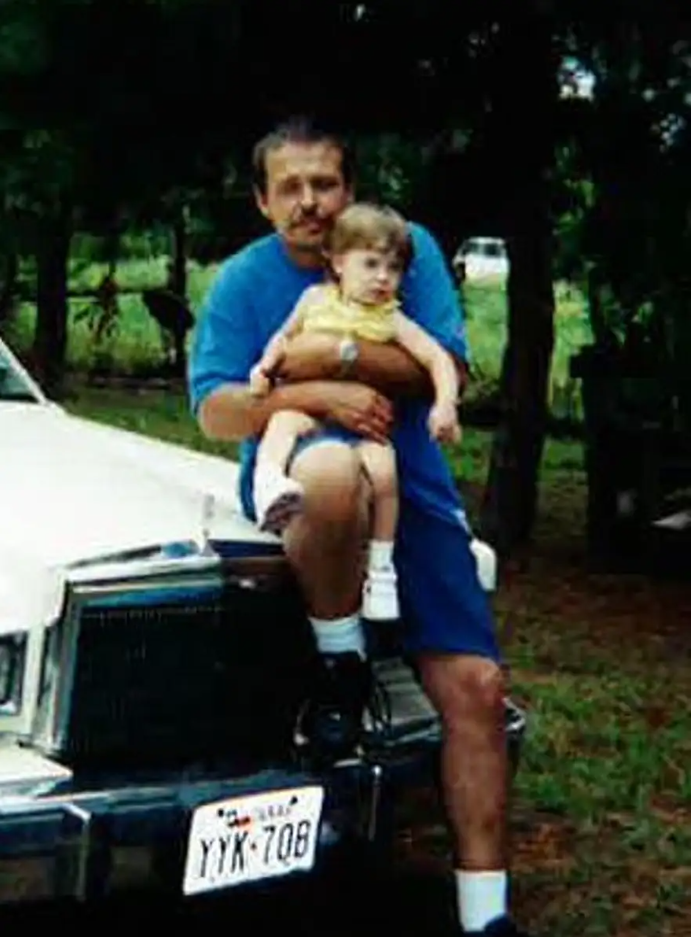The Texas Supreme Court has ruled that the execution of Robert Roberson, convicted in 2002 for the death of his 2-year-old daughter, Nikki, may proceed, marking a significant turn in a case that has attracted national attention due to its reliance on a contested shaken baby syndrome diagnosis. Roberson, who has consistently maintained his innocence, was originally scheduled for execution on October 17 before legal interventions halted the process temporarily.
Roberson's case has been a focal point for criminal justice advocates, lawmakers, and medical experts who argue that new scientific evidence challenges the validity of his conviction. His defense team contends that Nikki's death resulted from severe pneumonia, which led to sepsis and ultimately septic shock, rather than the violent shaking alleged by prosecutors during his trial. Despite these claims, the Texas Attorney General's office maintains that Roberson was "lawfully sentenced to death" and has exhausted all legal avenues of appeal.
The high court's decision followed a complex legal battle initiated by the Texas House Criminal Jurisprudence Committee, which issued a subpoena for Roberson to testify about his case. This legislative move temporarily halted his execution and was seen by some as a strategic effort to gain more time to reconsider his conviction under a 2013 "junk science" law allowing challenges based on advances in forensic science. "Categorically prioritizing a legislative subpoena over a scheduled execution... would become a potent legal tool that could be wielded not just to obtain necessary testimony but to forestall an execution," the Texas Supreme Court stated in its ruling.
Committee Chairman Joe Moody, a Democrat, and Republican committee member Jeff Leach emphasized that the subpoena was not intended to permanently halt Roberson's execution but to ensure that his testimony could be heard. "The Supreme Court strongly reinforced our belief that our Committee can indeed obtain Mr. Roberson's testimony," they said in a joint statement. While the court ruled against using the subpoena to indefinitely delay the execution, it suggested that lawmakers could still pursue Roberson's testimony without impeding the execution schedule.
Roberson's supporters argue that his conviction relied heavily on outdated medical assumptions about shaken baby syndrome, a diagnosis that has faced increasing scrutiny within the medical community. At trial, prosecutors cited the testimony of a pediatrician who attributed Nikki's brain swelling and hemorrhages to violent shaking. Roberson's defense, however, has presented evidence indicating that other medical conditions, such as pneumonia and sepsis, could have explained her symptoms.
The Attorney General's office has dismissed the defense's claims, asserting that Roberson's guilt was not solely predicated on shaken baby syndrome and criticizing lawmakers for what it described as misleading representations of his case. In response, Roberson's lawyer, Gretchen Sween, expressed hope that the state would cooperate with legislators to allow her client to testify. "The ancillary benefit to Mr. Roberson of staying his execution hopefully gives time for those with power to address a grave wrong," Sween said, reiterating the defense's stance that Nikki's death was a tragic medical event, not a criminal act.
The decision underscores a broader debate over the use of controversial forensic science in criminal cases. Roberson is poised to become the first person executed in the U.S. for a shaken baby syndrome-related conviction, a fact that has heightened scrutiny of his case. While some lawmakers have framed their efforts to hear Roberson's testimony as a matter of due process and justice, the state's top legal officials have framed it as a matter of upholding a lawful conviction.




